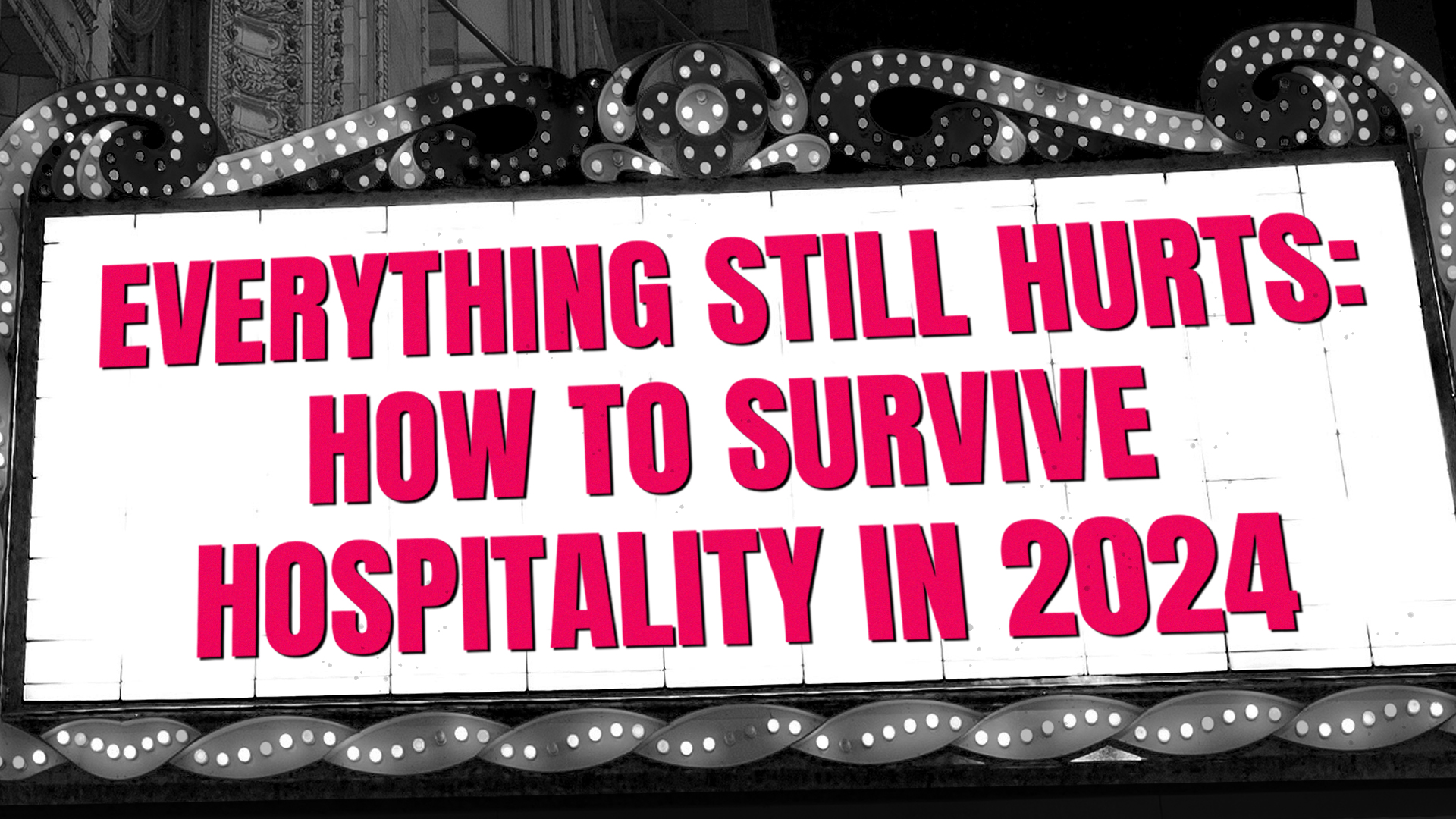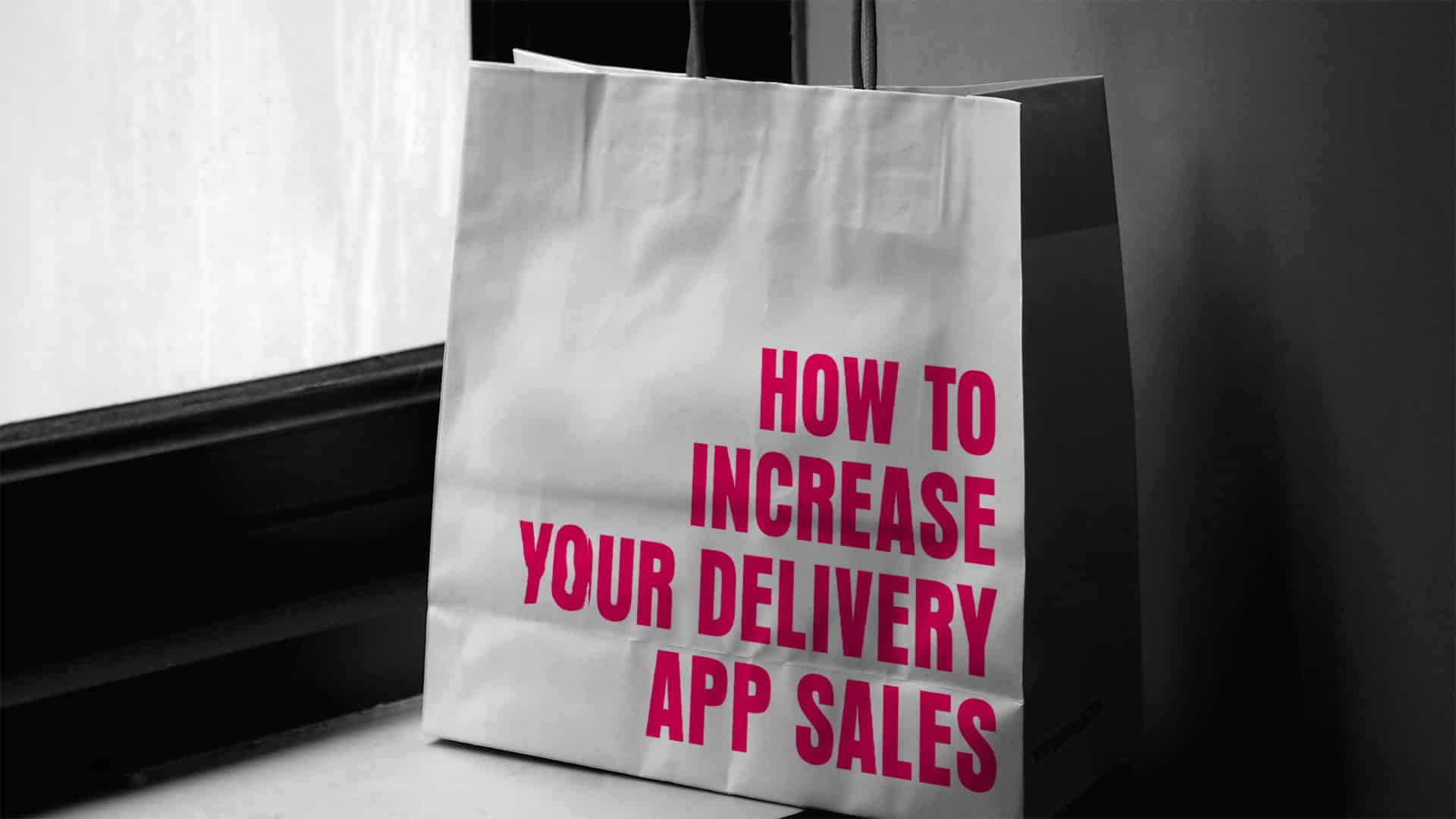Everything Still Hurts: How to survive hospitality in 2024

The Everlasting Impact of COVID-19
Years later, and the aftermath of the pandemic is still here to remind venue owners that everything still hurts, and it’s only getting worse. Navigating a landscape of rising food, labour, and rental costs, coupled with inflationary pressures, have created a perfect storm for venue owners.
Debt Recovery Resumes
Recent news of the ATO resuming debt recovery efforts have only added to industry woes, as many venues accumulated debts during the pandemic, relying on government support measures to stay afloat. This has only added more fuel to the fire.
Inflationary Pressures Intensify
Inflationary pressures are another notable pain point as profit margins are squeezed even tighter. Rising prices have eroded consumers’ purchasing power, leading to a reduction in disposable income. As well as fluctuations in interest rates have impacted borrowing costs, making it more challenging for venue owners to operate.
Fast Casual Dining: A Strategy for Survival
Amidst these challenges, a shift towards fast casual dining has emerged as a viable strategy for survival. Venues adapting to the delivery app ecosystem by focusing on high volume sales concepts, and streamlining operations. These businesses have been able to mitigate labour costs, while producing a quality product to reduce week-to-week financial risk.
Changing Consumer Preferences
The trend towards fast casual dining reflects a broader evolution in consumer preferences and dining culture. Quality delis, chook shops, and fast pasta spots have gained traction, offering consumers a mix of affordability, convenience, and culinary innovation. This adaptability is a testament to the resilience of Melbourne’s restaurant scene and its ability to stay on the pulse of changing food trends and consumer behaviours.
Sustainability and Innovation
With fast casual dining gaining traction, it’s essential to recognise that other segments of the industry, such as fine dining, still remain very relevant. In the current economy though, the cracks are showing amongst small business owners that haven’t adapted to practices such as sustainability or nose-to-tail dining. Repurposing waste products and innovating dishes to mitigate costs, has proven to be an effective way to put money back in the hands of venues, and contribute to a more dynamic dining culture.
Profit First Mindset
While there is still room for venues of all shapes and sizes, it is important to note how crucial it is in this current climate to look at your current venue or future concepts with a profit first mindset, and not with emotion. Passion projects and emotionally driven venue models certainly have their place in the market. They add depth to the dining experience and create unique selling points that resonate with customers. However, while these narratives may help sell the initial story and attract customers, they alone aren’t always enough to keep the lights on, which is why venues fail when ownership can’t look at their concept objectively.
Reassessing Business Strategies
Where do we come in? Social media marketing is a way to amplify your message and drive traffic to your venue, but it can’t fix fundamental flaws in your grassroots business model, nor is it the only channel you need to promote your business. It’s essential to strike a balance between storytelling and sound business practices to ensure long-term success. If that means pivoting your concept or your menu offering to cater to the demographic willing to pay for it, it might be time to take a step back and reassess your strategy.
Steps to improving your venue
Strong Branding
– Ensure your branding is memorable; invest in professional branding and a distinctive business name.
Market Research
– Determine the uniqueness of your concept. Understand your competition and market saturation.
Menu Planning
– Plan for profitability. Predict if your menu can sustain operating costs for the next 3-6 months.
Public Relations
– Invest in PR to boost awareness and get people talking about your venue, if budget allows.
Social Media
– Utilising social media marketing to increase brand awareness and promotions is imperative.
Website/SEO
– Develop an online presence with a strong website and local SEO practices to ensure you are easily found.
If you’re looking to amplify your online presence, get in touch!



